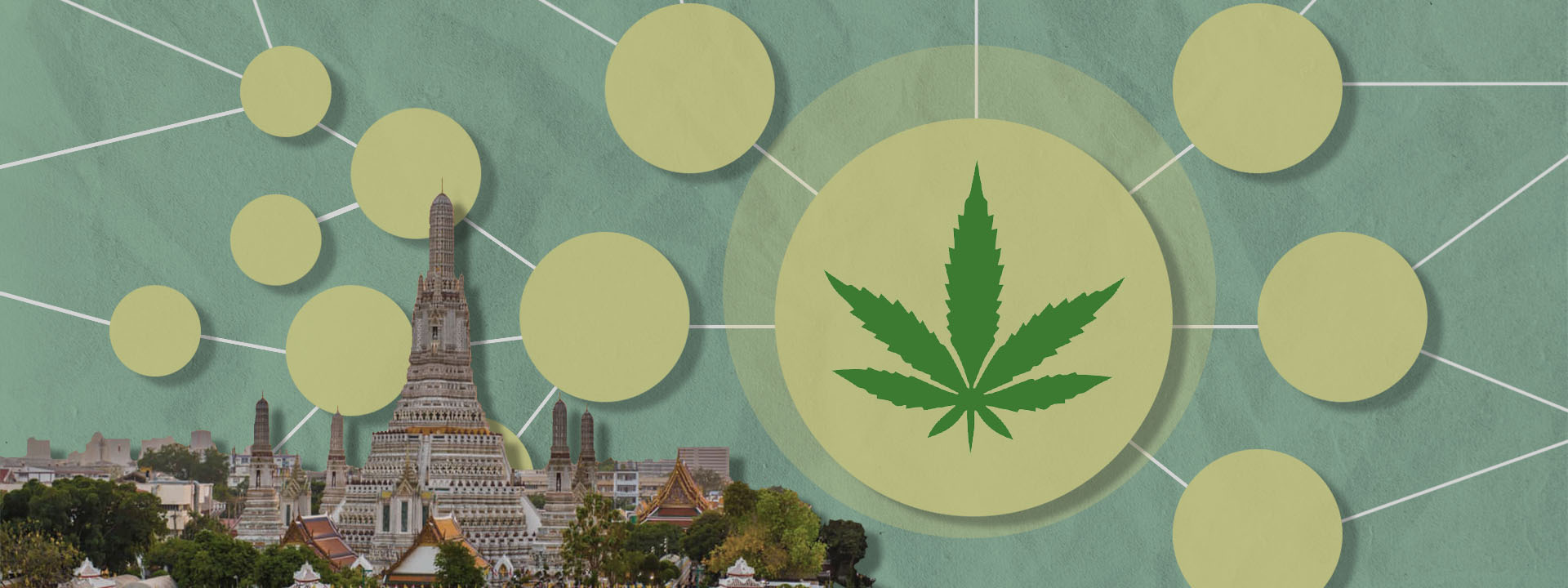 Relisting Cannabis as a Narcotic
Relisting Cannabis as a Narcotic
During a public hearing on cannabis usage and its consequences on society, Thailand’s Public Health Minister, Somsak Thepsutin, expressed concerns about the increase in cannabis-related cases since the government decriminalized the plant. He revealed that cases related to cannabis use have surged tenfold, leading to a significant rise in treatment costs.
The minister noted that the government allocates an annual budget for treating individuals under the universal health care scheme. However, with the decriminalization of cannabis, the funding for cannabis-related patient care has skyrocketed from around 3 billion baht to a staggering 20 billion baht last year.
Somsak Thepsutin emphasized the alarming impact of cannabis use on mental health. He stated that more individuals are now suffering from mental illnesses as a result of cannabis use. The increase in cases has raised concerns among authorities.
Furthermore, the minister highlighted a study conducted in the United States that showed a decline in children’s IQ by eight to nine points after using cannabis. This finding has raised further alarm within the government regarding the potential effects of the plant on brain development.
Cannabis in Thailand
In June 2022, Thailand made headlines by becoming one of the first countries in Asia to remove cannabis from its narcotics list. This move allowed for the cultivation and sale of cannabis, albeit with strict regulations in place. Cannabis plants grown in Thailand must have a THC concentration of no more than 0.2%, ensuring that they cannot be used to get high.
The intention behind this new law was to stimulate the economy by supporting cannabis-related businesses and providing relief for individuals with medical needs. However, it is important to note that using cannabis in public areas is still prohibited and can result in fines or even jail time.
Thailand’s Approach to Relisting Cannabis
To address the growing concerns related to cannabis use, the Thai government is considering relisting cannabis, particularly cannabis buds, as a narcotic by the end of the year. This decision comes after a public hearing that included various stakeholders such as adolescents, doctors, medical bodies, and civil society networks.
Kriangkrai Puengchuea of the Substance Abuse Academic Foundation revealed that since cannabis became legal, around 7,700 cannabis stores have opened across the country. These stores sell dried cannabis buds and related products, catering to recreational users. It is worth noting that a Western survey found that 40% of heroin addicts started their drug journey with cannabis.
Dr. Manit Sisurapanont, head of Thailand’s Royal College of Psychiatrists, emphasized the addictive nature of cannabis and its potential impact on mental health. He cited research from the United States that showed a correlation between cannabis use and mental health issues. The long-term consequences of cannabis use include lower IQ and an increased risk of developing mental illnesses.
Dr. Prakarn Thomyangkoon, a member of Thailand’s Psychiatric Association, added that heavy cannabis users may even be at risk of attempting suicide. Additionally, the ingredient in cannabis can contaminate breast milk, posing potential risks to infants.
Misconceptions and Supporting Government Action
Arthit Satienwaree of the Youth Network Against Cannabis (YNAC) spoke about the prevailing misconceptions surrounding cannabis use. He pointed out that due to its legal status, some people mistakenly believe that cannabis can be used anywhere. This misconception has led to misuse, including instances where cannabis is mixed with food and consumed by unknowing youngsters.
YNAC fully supports the government’s decision to relist cannabis as a narcotic. There is widespread concern about the impact of cannabis usage on the health of teenagers and children. Taking action to address these concerns is seen as crucial for safeguarding public health.
In conclusion, while Thailand made headlines for decriminalizing cannabis and allowing its cultivation and sale, there has been a significant increase in cannabis-related cases. The government is now considering relisting cannabis as a narcotic due to concerns about mental health, the impact on brain development, and the potential for misuse. It is important to strike a balance between supporting cannabis-related businesses and ensuring public health and safety.

